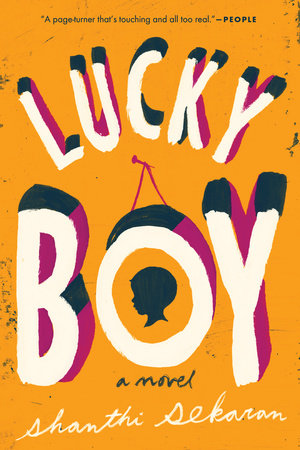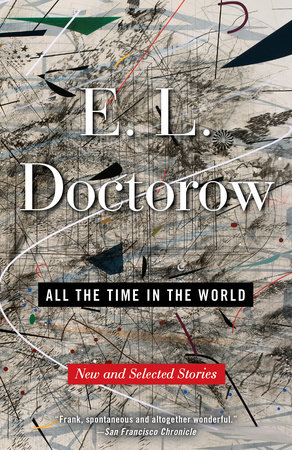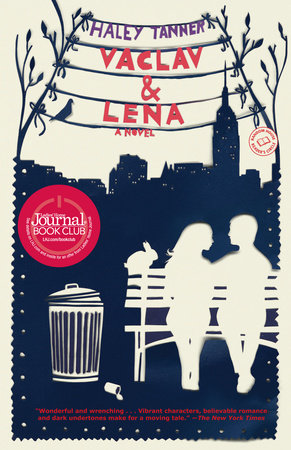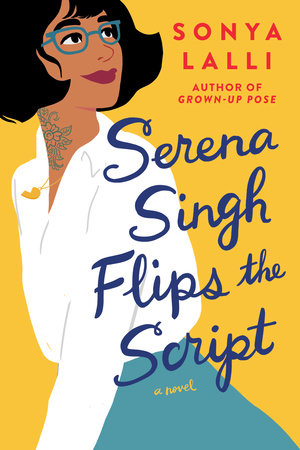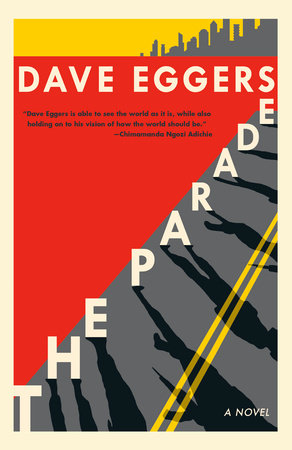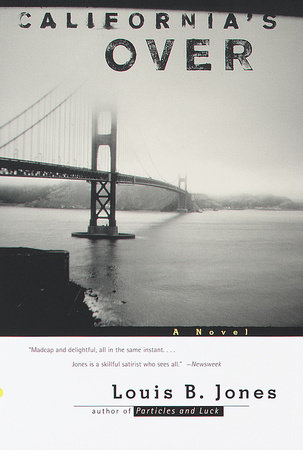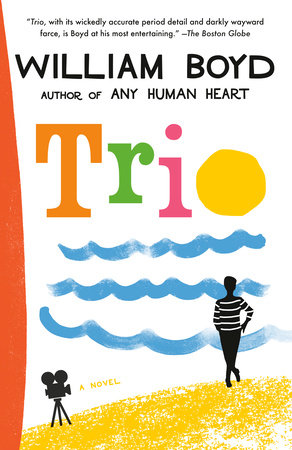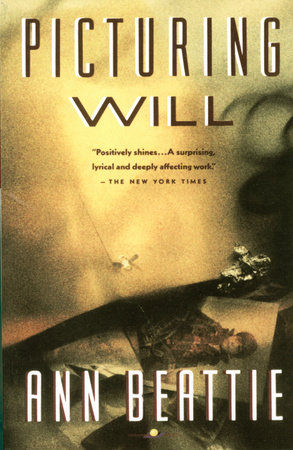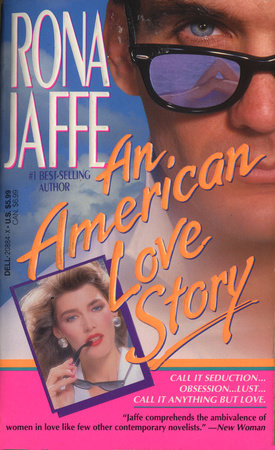A Conversation with Shanthi Sekaran
What inspired you to write this novel and what is the significance of its title?
In 2011, I heard a story on NPR about a Guatemalan mother who was fighting to get her child back from the American couple adopting him. I sat riveted for the few minutes that the story ran, but of course, it left many questions unanswered. Afterward, I couldn’t get the story out of my head. I wanted to get inside it and know the thoughts and motivations of everyone involved. I’m a fiction writer, not an investigative journalist, and the best way I know to get inside a story is to write it. The book that resulted takes a very different path from the initial news item, but writing it helped explore some of those early questions.
Lucky Boy was perhaps the tenth version of the novel’s title. The initial impulse is to see it as an ironic title, but I don’t see it that way. I see it as a true statement. Ignacio is a lucky boy. He is wanted and loved.
Lucky Boy focuses on the very different immigrant experiences of two mothers. What made you decide to write about immigration?
I’ve always written about immigration of one sort or another. Even my mystical, fantastical stories have immigrant figures in them. The first novel I fell in love with, Wuthering Heights, is about an immigrant. Immigration is the ultimate story—it encompasses every basic plot type: rags to riches, overcoming the monster, the quest, rebirth, comedy, tragedy, voyage and return. Migration is a process of transcendence that reaches into so many aspects of our lives; it’s not always about passports and visas. Motherhood is a form of migration. So is love and so is death.
How did you choose each woman’s country of origin?
It felt natural, from the outset, to make Kavya Indian-American. I could have made her Anglo-American, but I wouldn’t have enjoyed writing that as much. Eventually, it became clear that this book was not just about adoption and detention, but about privileged and unprivileged immigration, and about the dynamics of California’s recently established non-white majority. At that point, Kavya’s ethnicity became essential. I chose to make Soli Mexican because I’m personally interested in Mexico and in the individual stories of Mexicans in this country. I also knew that I’d have a decent chance of spending some time in Mexico. It felt important to spend some time absorbing the environment in which Soli was raised.
What kind of research did you do for the book, especially on the process of foster care and adoption?
This book took a lot of research. I interviewed immigration lawyers, immigrant advocates, trained with a detention advocacy group, read the testimonies of undocumented immigrants, read countless documents on immigration policy, spoke with a psychologist who works with the undocumented, and read reports on detention and family law. I also interviewed undocumented immigrants who’d crossed the border, as well as women who’d undergone fertility treatments. I spent two weeks in Oaxaca, Mexico, and an afternoon in a sorority kitchen.
Because I’d never fostered or adopted a child myself, my research into the topic was ongoing. I started out by attending a fostering information session at the local social services office—that session gave me the basic facts of what it takes to foster, but it also revealed something about the philosophy of fostering, the child-centered mind-set of the system and the warmth and enthusiasm of many of the parents I encountered there. I also interviewed several Bay Area parents who’d adopted Latino/a children, and read a lot of testimonials and some parenting books on toddler adoption.
How much of Soli’s treatment in the immigrant detention center is realistic? What rights do immigrant mothers with children born in the United States have?
Soli’s treatment in the detention center is as realistic as humans are fallible. The depiction of the center as a place of incarceration, where detainees are treated like convicted criminals, and often housed in cells adjacent to criminals, is realistic. Some centers are more humane than others, but the vast majority of them don’t offer detainees the services (classes, cooperation with family courts, etc.) that prisoners might access. Detainees are often vulnerable to the same abuses of power that affect prisoners. The rights of immigrant mothers are limited by a disconnect between immigration law and the family court system. Immigration law gives them the right to take their children with them when they’re deported, but family courts and the nature of the detention system often stand in the way of that right.
Which of the mothers do you most identify with? How did your own experience as a mother inform your writing of the characters?
I think choosing a mother to identify with would bring me too close to choosing a mother with whom to side. I identify with different aspects of both mothers’ experiences. Much of the detail from Ignacio’s newborn days comes from the notes I jotted down just after my first child was born. I’ve never had fertility issues, so I had to imagine and research Kavya’s struggle with infertility, but aspects of her life with toddler-aged Ignacio—her storytelling, for example—come straight from my own experience.
Without giving anything away, did you always know how the story would end? Or did the ending change as you wrote each character?
The ending to this changed once or twice. Character development influenced the ending, of course, but when I was deciding what was going to happen, I spent a few drafts negotiating reality and drama to come up with a resolution that fit the buildup of the story.
Berkeley is an incredibly special place to both Soli and Kavya. Tell us about the role of the city in Lucky Boy and why you decided to set the story there.
Berkeley has always felt like home to me. I love writing about it. There’s always something happening, and it’s very much a liberal, highly educated bubble. It was for its bubbledom that I chose it as the setting for Lucky Boy; by placing Soli in a socially conscious, left-leaning place that generally welcomes immigrants, I could show that the loneliness and uncertainty of the undocumented experience can exist even in a hospitable environment.
What influence, if any, did your own heritage and family history play when writing Lucky Boy?
My parents came to America from India in the 1960s, when the United States was recruiting physicians from abroad. Being the daughter of immigrants gave me something of a view into Soli’s life—the bravery it took for her to negotiate even the most mundane of tasks, the social isolation, the slow and exhausting process of learning to live in an unfamiliar world. Of course, I identify closely with Kavya’s experiences as an Indian-American. As I was writing, I was very aware that I live in America because my parents were given a legal path to residency, and that many immigrants are not given this. This awareness informed the trajectory of Soli’s story, as well as Kavya and Rishi’s.
What was your process of writing this book? How long did it take you? How is this novel different from your first novel?
This novel was more ambitious and therefore more daunting than my first. I stepped out of my comfort zone as a writer, and took on issues that lay outside of my personal history: living in Mexico, undocumented immigration, detention, fertility, and foster care. I began with Soli’s story. As I told her story, my knowledge gaps guided my research. The first draft took about two years to write; I was working and raising my first son at the time. The entire process, over multiple drafts, took four years.
When did you decide to become a writer? Was it something you always aspired to? What writers have inspired or influenced your work?
I started writing as a child, funny little poems, mostly. My older brothers used to talk about me becoming a writer, but I don’t think any of us actually thought it would happen. It really wasn’t until the end of college that I made prolonged attempts at writing fiction. I started with a journal, then got a little bored of myself and turned myself into a cast of characters. That was my first attempt at a novel. It got me into an MFA program, but then it was laid to rest, thankfully. But those first attempts, in my early twenties, brought me to a point where I felt ready to take a risk and give writing a try.
As a writer, I look for books that loosen my own tongue and take me out of the strict confines of what I see as “my voice.” When I read writers whose styles are wildly different from mine, I end up copying them. I then go back to what I’ve written, and it’s so obviously a mimicry of someone else’s voice that I have no choice but to rewrite it in my own voice. But when I’ve stepped out of myself for a little while, my voice stretches a little, and I discover what I’m able to do. My favorite authors are the ones with generous voices, who give us character and story and more story: Zadie Smith, Roald Dahl, Mohsin Hamid, Virginia Woolf, Vikram Seth, F. Scott Fitzgerald, Vladimir Nabokov, Emily Bronte, Toni Morrison.
